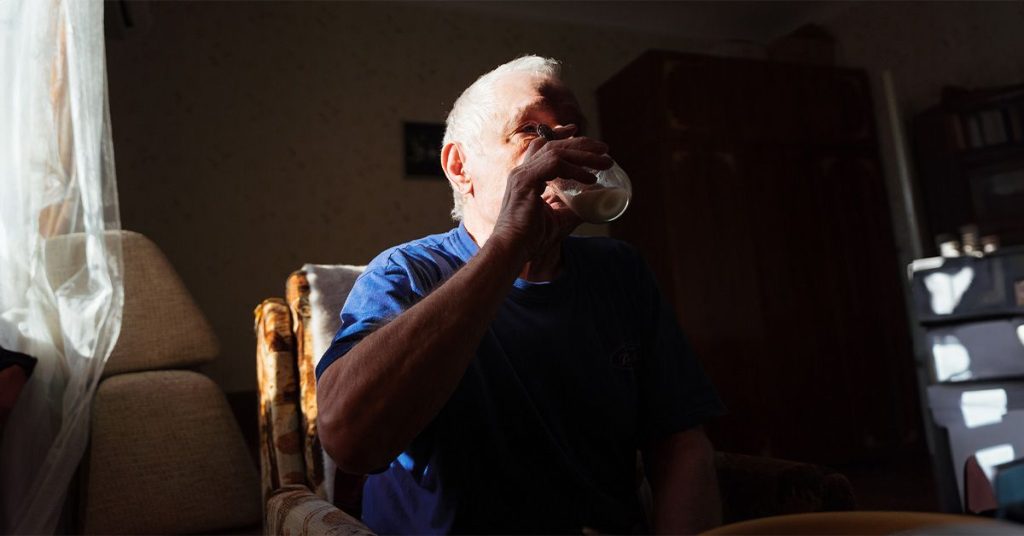Researchers from Murdoch University have developed a screening test called the McCusker Subjective Cognitive Impairment Inventory (McSCI) to help determine a person’s risk for dementia. The test focuses on measuring subjective cognitive decline, where individuals self-report worsening brain functions such as memory loss, confusion, and thinking. Subjective cognitive decline has been linked to a higher risk for mild cognitive impairment and dementia. The McSCI consists of a 46-item questionnaire that addresses concerns in six cognitive areas, such as memory, concentration, and language. Researchers found that the McSCI screening tool can identify individuals with above-average levels of subjective cognitive decline with 99.9% accuracy.
The importance of early diagnosis for all types of dementia is crucial, although there is currently no cure for the disease. Early detection allows physicians to tap into medications and other options available to help slow disease progression. With more than 55 million people around the world estimated to live with dementia, researchers are working on finding new ways of diagnosing the condition at its earliest stages. One such group is from Murdoch University in Western Australia, where researchers have developed the McSCI screening test for dementia risk. The accuracy of the McSCI in identifying individuals with subjective cognitive decline is considered highly reliable, and the test is designed to be open access for doctors and researchers to use at no cost.
Expert opinions on the study highlight the need for innovative solutions to the public health crisis posed by neurodegenerative diseases like dementia. Standardized, sensitive, and predictive self-report measures like the McSCI are seen as an essential component of screening procedures for early detection and treatment. However, integrating these self-reports with observations from someone who knows the individual well and cognitive assessments can enhance diagnostic accuracy and provide a more comprehensive understanding of cognitive changes associated with dementia subtypes. Further research is needed to validate the McSCI in diverse populations and across different geographical areas, as well as longitudinal studies to track patients over time and correlate results with objective biological markers for diseases like Alzheimer’s.
Dr. Karen D. Sullivan, a board-certified neuropsychologist, emphasizes the need for early and accurate dementia diagnoses to benefit from current treatments in the face of a global shortage of brain health specialists and an aging population at risk. While the McSCI is seen as a valuable tool for early detection and treatment, caution is advised due to potential biases associated with self-reported data, such as suboptimal awareness of deficits, mood disorders, and personality traits. The cut-off score for the McSCI also raises concerns about false positives, indicating the need for further validation studies and correlation with objective measures like Alzheimer’s disease biomarkers. Dr. Jasdeep S. Hundal, a director at The Center for Memory & Healthy Aging, also acknowledges the potential utility of the McSCI in clinical and research settings but highlights the importance of validation studies and longitudinal research to further understand cognitive changes associated with dementia.
In conclusion, the development of the McSCI screening test offers a promising avenue for early detection of dementia risk through self-reported cognitive concerns. While the high accuracy of the McSCI in identifying subjective cognitive decline is a significant advancement in the field, further research is needed to validate the test in diverse populations and across different geographical areas. Integrating subjective assessments with objective measures like Alzheimer’s disease biomarkers can enhance diagnostic accuracy and provide a more comprehensive understanding of cognitive changes associated with dementia subtypes. The McSCI’s open-access design allows for widespread use by doctors and researchers, potentially contributing to improved early detection and treatment of dementia worldwide.













